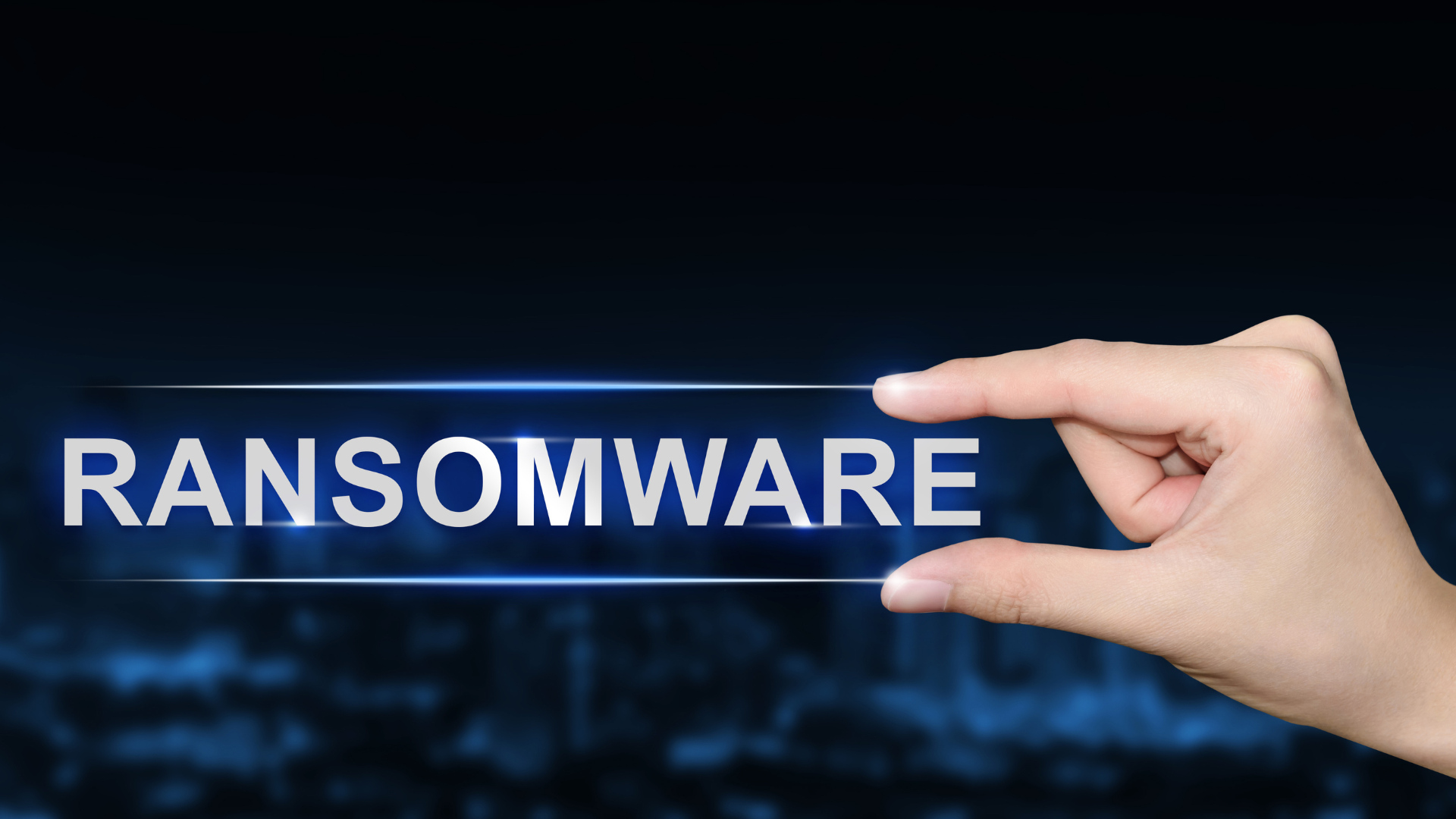The Cybersecurity Checklist for Startups: 7 Essential Protections
The Cybersecurity Checklist for Startups: 7 Must-Have Protections
Starting a new business is exciting, but as a startup, you’re also an attractive target for cybercriminals. With limited resources and a need to build trust quickly, cybersecurity is critical to protecting your business, customers, and reputation. This checklist outlines seven must-have protections to help startups stay secure and grow with confidence.
1. Secure Your Network
Your network is the backbone of your business operations, and securing it should be a top priority. Here’s how:
• Use a Firewall: A firewall acts as a barrier between your internal network and external threats. Consider using a Next-Generation Firewall (NGFW) for advanced protection.
• Encrypt Your Wi-Fi: Ensure your wireless network is encrypted with WPA3, the latest standard in wireless security.
• Regular Updates: Keep your routers, firewalls, and other networking devices updated with the latest firmware.
Quick Tip: If you’re unsure about your network’s vulnerabilities, start with a Free Cybersecurity Assessment.
2. Implement Strong Password Policies
Weak passwords are one of the easiest ways for attackers to gain access to your systems. Protect your business with these best practices:
• Require passwords to be at least 12 characters long and include a mix of uppercase letters, lowercase letters, numbers, and symbols.
• Use a password manager to generate and store secure passwords for your team.
• Enable multi-factor authentication (MFA) wherever possible for an added layer of security.
3. Protect Endpoints and Devices
With remote work and mobile devices becoming the norm, endpoint security is crucial. Ensure all devices connected to your network are protected by:
• Installing reputable antivirus and anti-malware software.
• Keeping all operating systems and applications updated to patch vulnerabilities.
• Encrypting sensitive data stored on devices to prevent unauthorized access.
Pro Tip: Use endpoint detection and response (EDR) solutions for real-time threat detection and response.
4. Train Your Team
Your employees are your first line of defense against cyber threats. Invest in cybersecurity awareness training to:
• Educate employees about phishing scams, social engineering, and other common threats.
• Teach them how to identify suspicious emails, links, and attachments.
• Create a culture of security where employees feel comfortable reporting potential risks.
Regular training ensures your team stays vigilant and minimizes human errors.
5. Back Up Your Data
Data loss can be catastrophic for a startup. Regular backups ensure your business can recover quickly from ransomware, hardware failures, or accidental deletions. Follow the 3-2-1 rule:
• Keep 3 copies of your data.
• Store it on 2 different media types (e.g., cloud and local drive).
• Keep 1 copy offsite for added protection.
Automate your backups and test recovery procedures periodically to ensure they work.
6. Secure Your Cloud Environment
Many startups rely on cloud services for flexibility and scalability. While convenient, cloud environments require strong security measures:
• Use Strong Access Controls: Limit access to cloud resources based on user roles and responsibilities.
• Monitor Activity: Use cloud security tools to track login attempts and unusual activity.
• Encrypt Cloud Data: Ensure data stored in the cloud is encrypted both at rest and in transit.
Choosing reputable cloud service providers with built-in security features can also reduce risks.
7. Have an Incident Response Plan
Even with the best protections, breaches can still happen. An incident response plan ensures your business knows how to react quickly and effectively. Key components include:
• Identifying the incident and isolating affected systems.
• Communicating with stakeholders, including employees, customers, and regulators.
• Engaging with cybersecurity professionals to assess and mitigate the impact.
Regularly review and update your plan to keep it relevant as your startup grows.
Bonus: Regular Cybersecurity Assessments
Cyber threats are constantly evolving, and what works today may not be enough tomorrow. Conduct regular assessments to identify vulnerabilities and address gaps in your security posture. Start with a Free Cybersecurity Assessment to evaluate your startup’s defenses and receive actionable recommendations.
Conclusion
Cybersecurity doesn’t have to be overwhelming for startups. By following this checklist, you can establish a solid foundation to protect your business, build customer trust, and focus on growth without unnecessary risks.
Remember, cybersecurity is an ongoing process. Stay proactive, educate your team, and revisit your defenses regularly to stay ahead of emerging threats.










